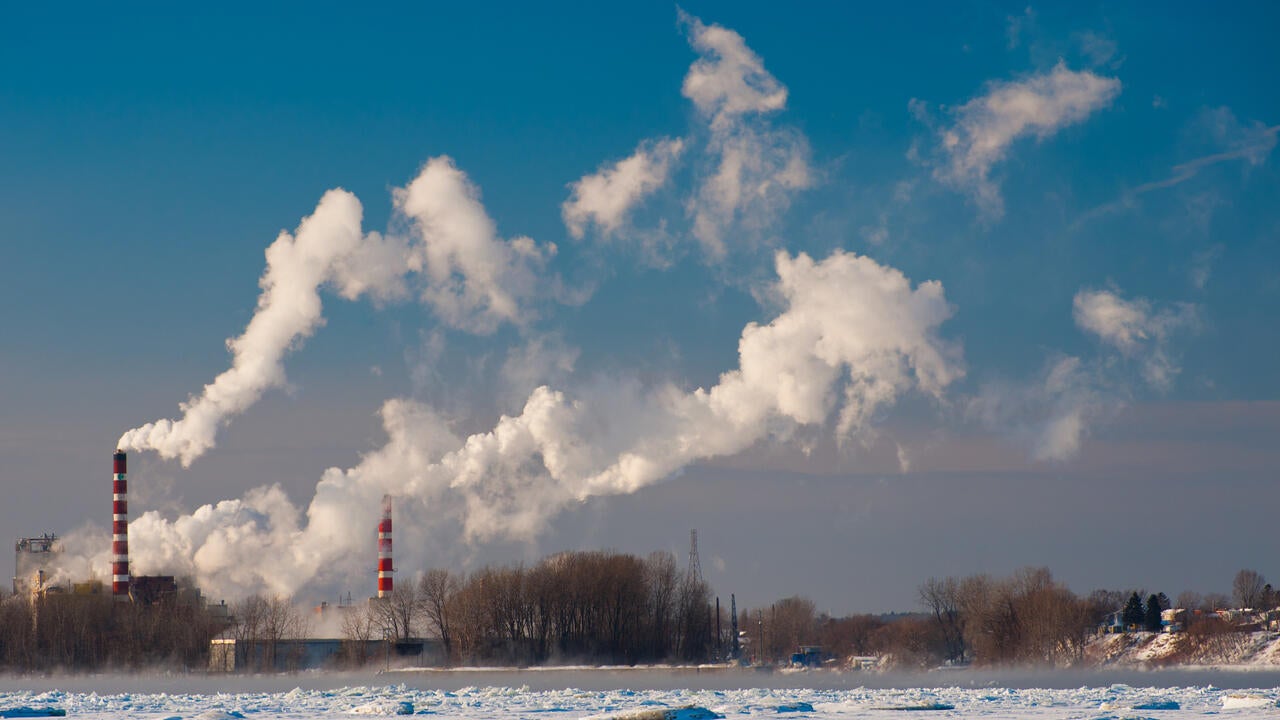
$15.8 million awarded to six Waterloo research projects aimed at tackling climate change
The Waterloo research projects will support building sustainable net-zero emissions in Canada by 2050

The Waterloo research projects will support building sustainable net-zero emissions in Canada by 2050
By Media RelationsThe Government of Canada's Environmental Damages Fund, administered by Environment and Climate Change Canada, is allocating $15.8 million to six University of Waterloo research projects to identify solutions to environmental challenges.
Funded through the Climate Action and Awareness Fund (CAAF), the research supports building sustainable net-zero emissions in Canada by 2050.
"Scientific research underpins everything we do to fight climate change. This funding provides critical support, allowing government and academia to collaborate to explore practical and achievable climate change solutions. By leveraging our unique expertise, we can foster collaboration across disciplines, sectors, communities, and research bodies," said the Honourable Steven Guilbeault, Minister of Environment and Climate Change.
The research stemming from Waterloo's projects will advance and extend existing collaborations among stakeholders, including municipal and community organizations, academic and federal science partners, researchers and trainees, to support climate change innovation and knowledge transfer.
The projects funded by CAAF are:
"It's critical for us to be working toward net-zero," said Dr. Charmaine Dean, vice president, Research and International at the University of Waterloo. "Using established and emerging strengths in fundamental and applied research, Waterloo is pushing boundaries to accelerate the transition to a climate-resilient, low-carbon sustainable society, and advancing the sustainable use and management of space, land, water, and energy on a global scale."
Nationally, the CAAF funding was part of Minister Guilbeault's $58 million announcement for research projects that will advance science and technology to combat climate change. Discovering solutions to environmental challenges impacting our world is a key priority at Waterloo. The recent launch of the Sustainable Futures initiative aims to make the University of Waterloo a global leader in sustainability research, education, and innovation to benefit the environment, economy, and society.

Read more
The Government of Canada announces funding to support research in food policies and medical devices

Read more
Researchers developed a process to reduce the amount of energy needed to run data centres

Read more
Here are the people and events behind some of this year’s most compelling Waterloo stories
The University of Waterloo acknowledges that much of our work takes place on the traditional territory of the Neutral, Anishinaabeg, and Haudenosaunee peoples. Our main campus is situated on the Haldimand Tract, the land granted to the Six Nations that includes six miles on each side of the Grand River. Our active work toward reconciliation takes place across our campuses through research, learning, teaching, and community building, and is co-ordinated within the Office of Indigenous Relations.